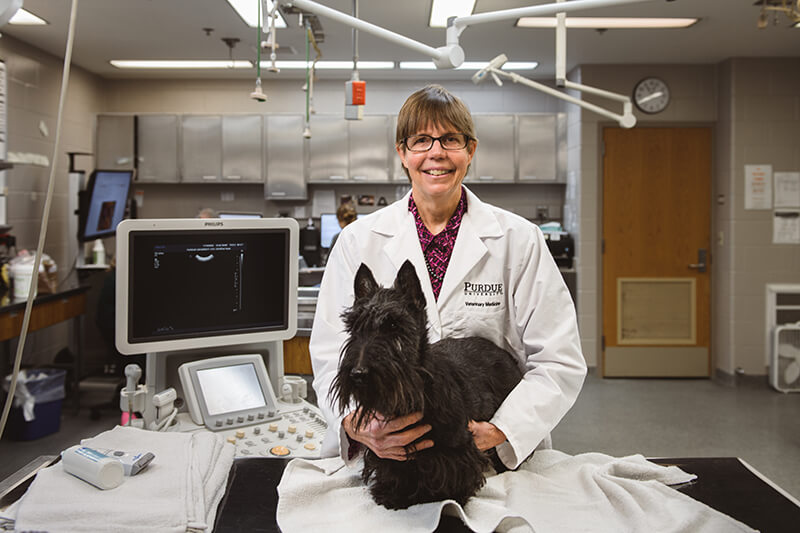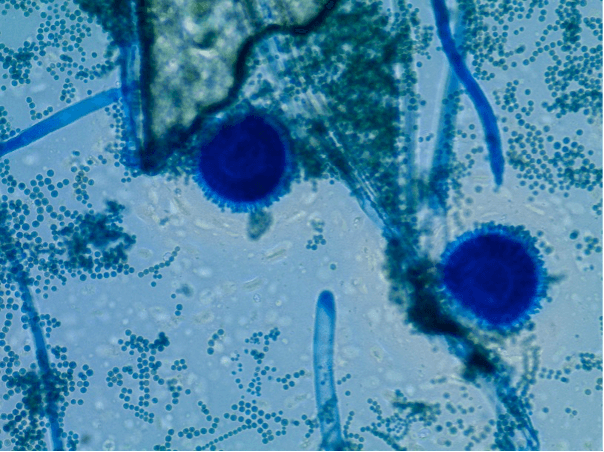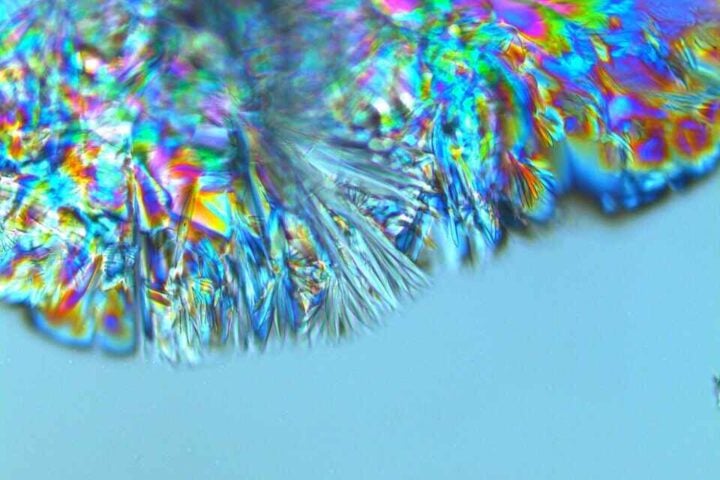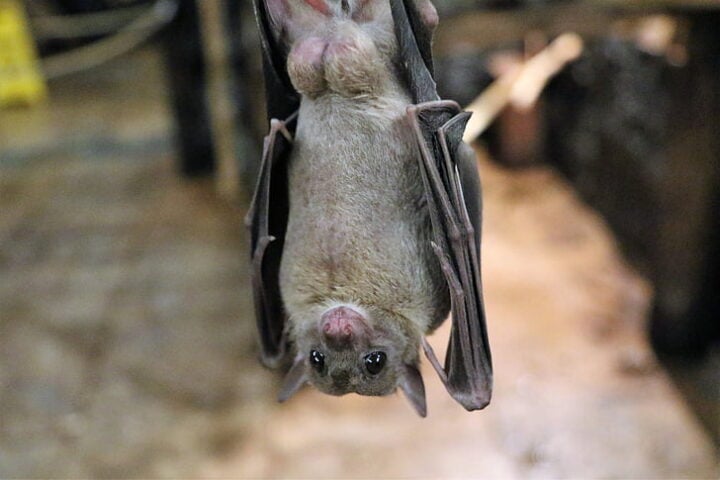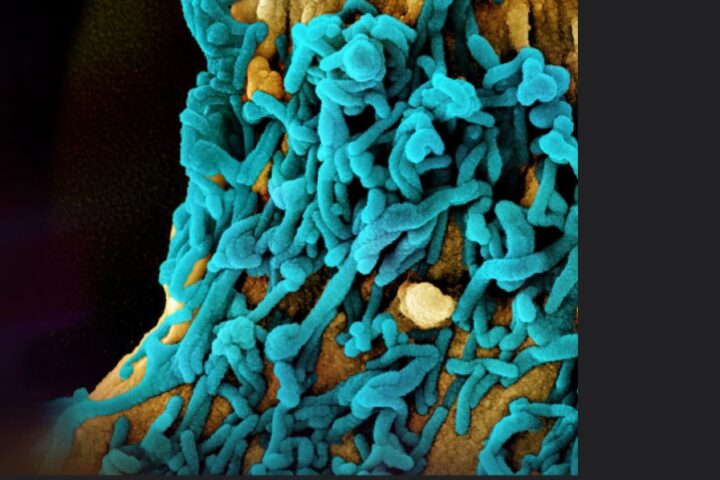Dr. Deborah Knapp, a renowned veterinary oncologist at Purdue University, exposed some astounding facts about the impact of cigarette smoking on the health of dogs, especially on Scottie (Scottish Terrier), a breed prone to bladder cancer. A detailed analysis of 120 Scottish terriers was published in The Veterinary Journal during the extensive research of three years. This research was conducted in order to discover preventive measures for this severe cancer in dogs as well as to reveal the implications for canine and human health.
The fact that the Scottish terrier is a breed genetically prone to cancer has considerably helped the study. As they are more vulnerable to cancer, which means fewer dogs would be needed for the study as compared to mixed-breed dogs. Research conducted by Knapp and assisted by Purdue alumna Marcia Dawson mainly aimed to analyze different aspects of dogs’ lives, such as health, environment, diet, and activity levels.
One of the biggest discoveries in this study is that being around cigarette smoke raises the risk of bladder cancer by six times. This exposure was identified by finding the presence of cotinine, a byproduct of nicotine, in dogs’ urine. Surprisingly, the presence of cotinine was found in some dogs’ urine even though their owners didn’t smoke, indicating that the dogs might have been exposed indirectly through environments like smoky concerts or parties or via clothes carrying smoke particles.
Similar Posts
The results of the study might not have two clear outcomes. Not all dogs exposed to smoke got cancer, and also some dogs not exposed to smoke still developed cancer. This reflects the situation in humans, where smoking is a significant risk factor for bladder cancer, yet not all smokers are affected. These discoveries indicate the crucial role played by genetics and environmental factors in cancer development.
Early detection has always had a significant impact when it comes to treatment. Dogs treated with deracoxib, a nonsteroidal anti-inflammatory drug, displayed a better remission rate when detected early than in advanced stages. The study revealed unique patterns in the RNA-sequencing data of the tumors during the molecular analyses. These findings could potentially guide future cancer treatments and prevention methods.
This study is crucial not just for its direct impact on dog health but also for its wider significance in understanding cancer in humans. As dogs and humans live closely together, these canines serve as a fine model for studying the environmental impacts on health. Knapp’s research serves as a warning call for pet owners regarding the dangers of smoking near animals and emphasizes the need for further research into the complex relation between genetics, environment, and cancer.
